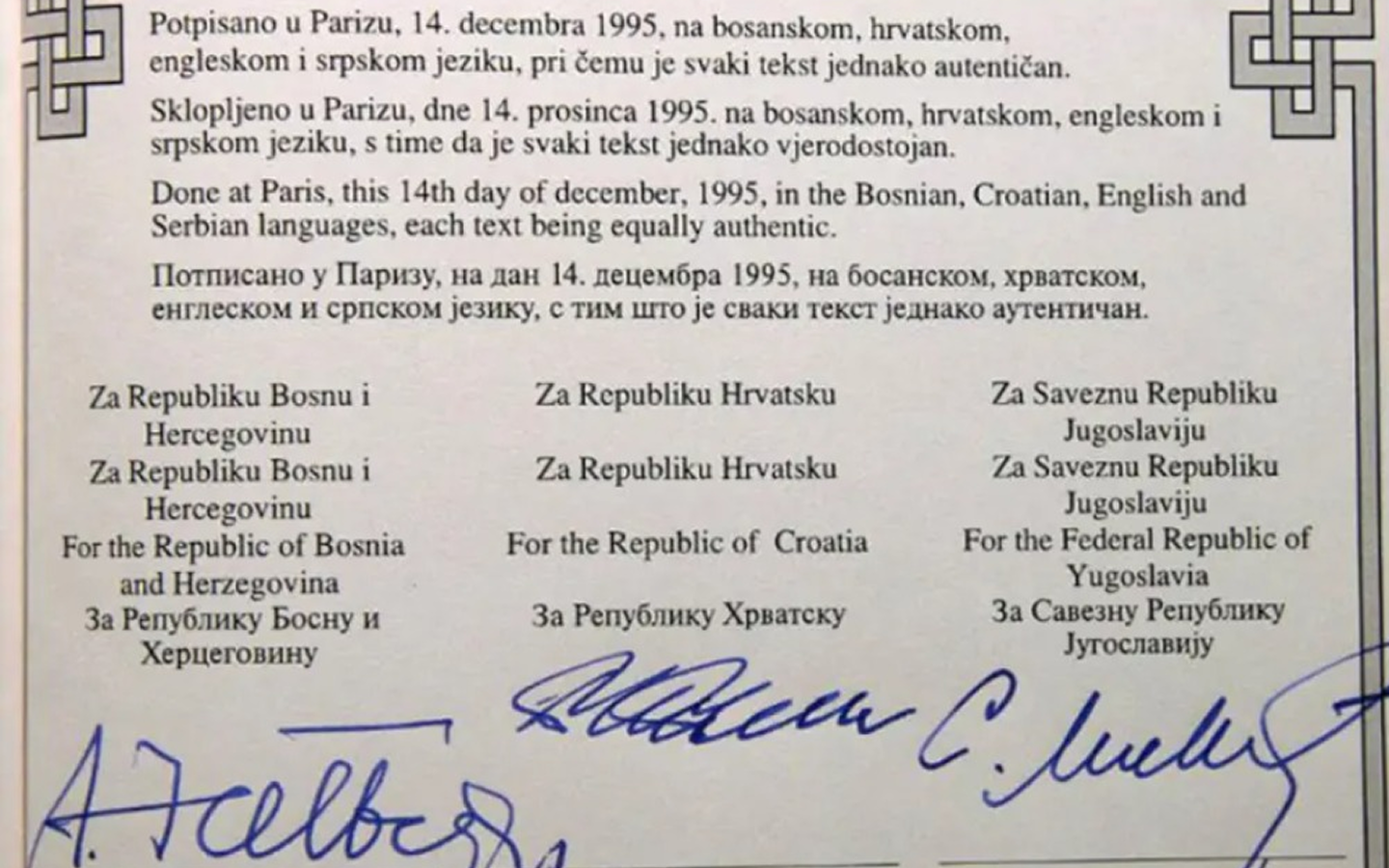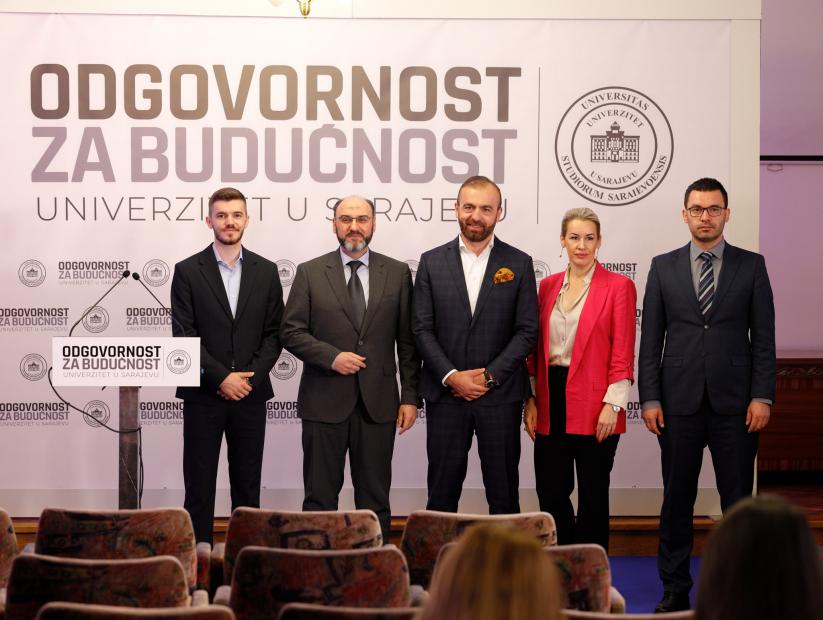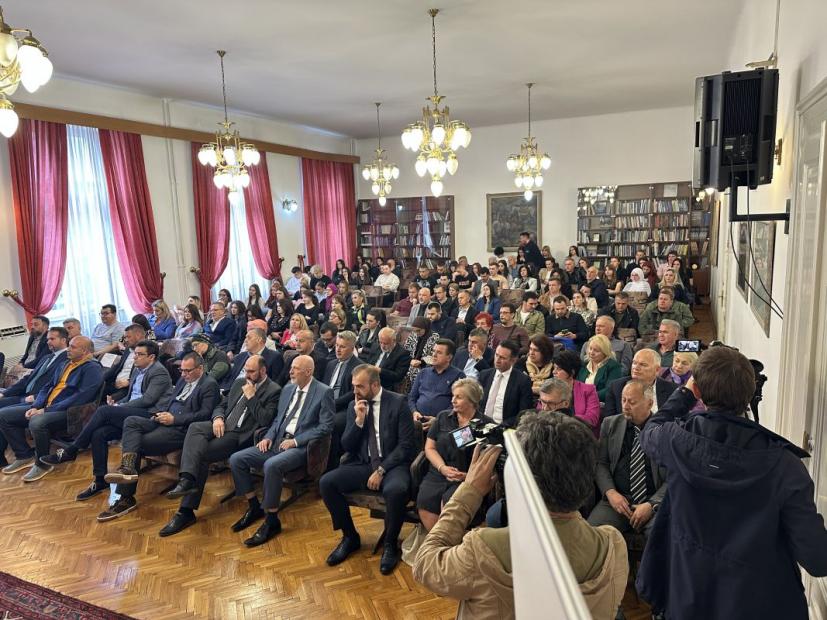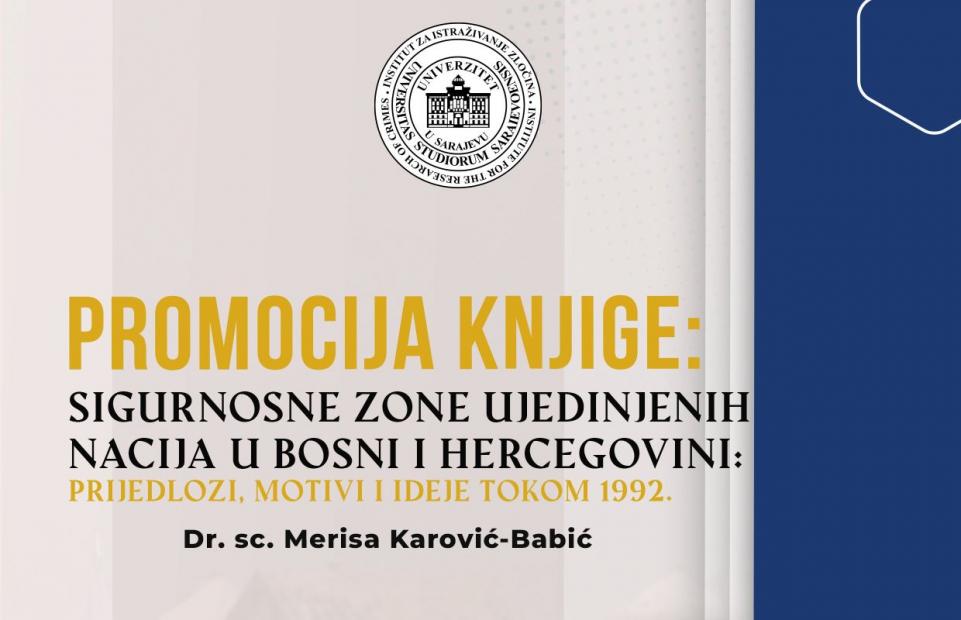The General Framework Agreement for Peace in Bosnia and Herzegovina (Dayton Peace Agreement), signed in 1995, marked the formal end of the aggression and signified the beginning of a new political reality in Bosnia and Herzegovina. The Agreement established peace, but also introduced a new internal political framework which, although it contributed to the stabilization of the country, generated numerous challenges—particularly in the context of ethnic divisions and the (im)possibility of strengthening state institutions.It verified factual social, political, national, and ethnic contradictions, which have turned it into a generator of many problems in the normal functioning of the state and the development of its institutions. Complicated decision-making mechanisms and the existence of the so-called "vital national interest" veto are among the key obstacles to the development of the state (and its institutions), as well as to the progress of society as a whole.Furthermore, the important context of the direct connection between the genocide in and around Srebrenica—as well as other crimes against humanity and violations of international law committed during the aggression and war in Bosnia and Herzegovina—and the substantive structure of the General Framework Agreement for Peace, its temporal character, and the overall role of the United Nations International Criminal Tribunal for the former Yugoslavia, especially its specific verdicts, represents an extremely important field of study that has yet to receive adequate academic attention.Therefore, thirty years after its signing, it is crucial to analyze how the Dayton framework has shaped the political life of Bosnia and Herzegovina, what its weaknesses and limitations are, what challenges lie ahead, and what can be done to further strengthen state institutions. In this context, the international community also has a key role to play, especially in exercising the authorities granted to it under the Dayton Peace Agreement.


The Dayton30 project was designed to mark the thirtieth anniversary of the signing of the Dayton Peace Agreement, the historic accord that ended the war in Bosnia and Herzegovina in 1995. This anniversary offers an opportunity to reflect on the achievements, challenges, and future of Bosnia and Herzegovina's political and constitutional framework.While the Dayton Peace Agreement brought peace, it also laid the foundation for a complex political structure. The Dayton30 project provides a platform for academic, artistic, and public engagement in analyzing the agreement, its effects, and possibilities for improvement.











































